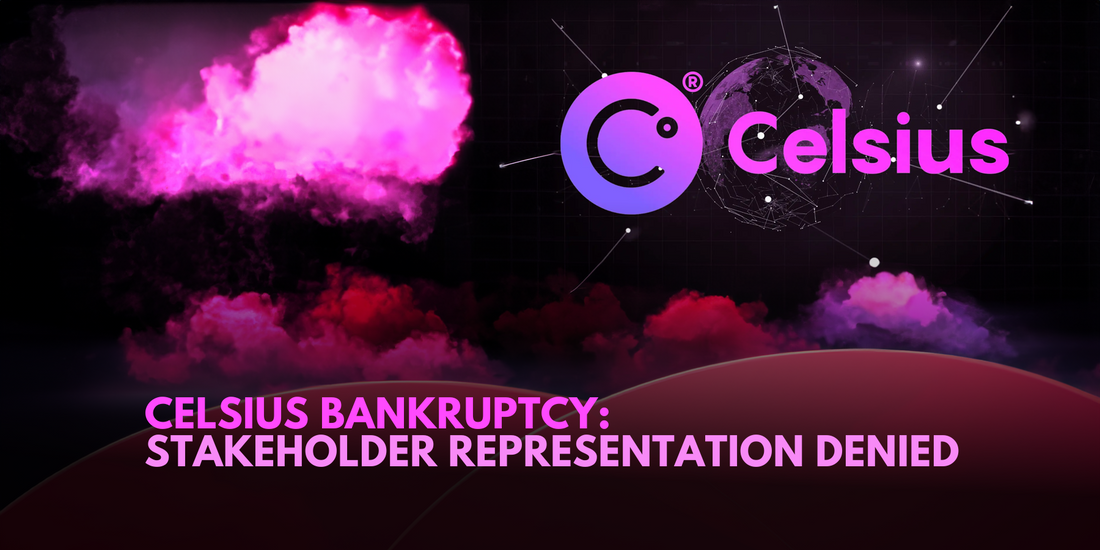In a recent court filing on August 25, Judge Martin Glenn dismissed the request for a special shareholders class in the Celsius Network bankruptcy case. Additionally, the judge declined to determine whether the Celsius token (CEL) should be classified as a security.
The motion, filed by investor Otis Davis on July 25 and presented before the United States Bankruptcy Court for the Southern District of New York on August 14, sought to establish a distinct legal class for investors apart from Celsius Network employees and customers. Davis also sought sanctions against the legal team representing the Unsecured Creditors Committee (UCC) for alleged failure to disclose necessary information.
The filing also urged the court to declare CEL as "not a security," citing the recent SEC v. Ripple case where Judge Analisa Torres ruled that XRP was not a security. Notably, Torres specified that XRP's classification as a security depended on its sale context, being a security when sold to institutional investors.
In response to the Celsius case, Judge Glenn swiftly denied all three motions, delivering his decision just 11 days after the arguments presented during the August 14 hearing. He emphasized that his order and the motions did not constitute a determination under federal securities laws regarding the classification of crypto tokens or transactions involving them as securities. This left open the right of the United States Securities and Exchange Commission and the Committee to challenge transactions involving crypto tokens on any legal basis.
The Celsius Network faced bankruptcy on July 14, 2022, and within a year, the company's former CEO, Alex Mashinsky, was arrested and charged with fraud. Subsequently, Celsius entered into several settlements aimed at providing relief to customers and investor groups. The latest round of settlements is scheduled for a hearing in October.
While the attempt to secure separate representation for shareholders in the Celsius bankruptcy case was denied, the uncertainty surrounding the classification of CEL and similar tokens as securities remains, highlighting the ongoing regulatory complexities within the cryptocurrency space.

